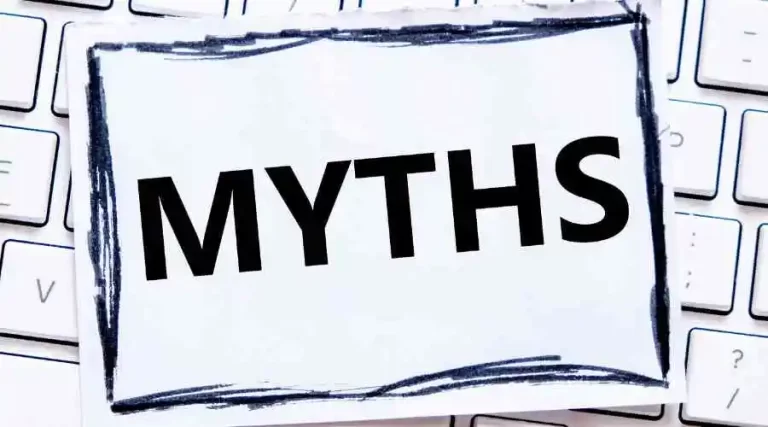Menopause is a natural biological process that marks the end of a woman’s reproductive years. It is associated with several physical and emotional changes that can affect many aspects of a woman’s life. Unfortunately, society has long associated negative stereotypes and myths with menopause that can lead to confusion, fear, and shame. This is why it is important to dispel these myths and to educate women about this natural transition.
It is a complex and often misunderstood process. Because of this, many myths have emerged that can cause confusion, fear, and shame. From the belief that menopause is a sign of aging to the idea that it is an illness, these myths can lead to feelings of inadequacy or embarrassment. Here are some common myths about menopause:
It Automatically Starts At Age 50
It typically occurs between the ages of 45-55 but can happen earlier or later in some women. While it usually starts around age 50, it can begin as early as the late 30s or 60s. The average age at which it starts is 51, but this can vary from woman to woman.
Although age 50 is often associated with menopause, it is not an absolute marker. Women experience menopause at different times and for various reasons. Some women go through milestones early due to medical conditions or treatments, such as chemotherapy or premature ovarian failure. Other women may not experience menopause until later due to healthy physical and lifestyle habits.
Women In menopause Can Still Get Pregnant
No, women in menopause cannot get pregnant. It marks the end of a woman’s reproductive years, characterized by a significant decrease in fertility. Although the exact timing of menopause will vary from one woman to the next, it is typically diagnosed after a woman has gone 12 consecutive months without menstruating. Once a woman has entered menopause, she can no longer conceive a baby.
During the transition from pre-menopause to menopause, some women experience irregular menstrual cycles. During this time, a woman can become pregnant if she has unprotected sex. As a result, women must practice safe sex during their transition to menopause to avoid an unwanted pregnancy.
It Is The Gateway To Weight Gain
Weight gain during menopause is a common and natural occurrence, as hormone levels fluctuate during this time, leading to changes in metabolism and appetite. However, it is essential to remember that menopause is not a direct cause of weight gain. Weight gain can be prevented or managed through healthy lifestyle changes, such as increasing physical activity, eating a balanced diet, and reducing stress.
It is also important to note that it does not cause an abrupt increase in weight. While some women experience weight gain during menopause, it is often gradual. Weight gain is most likely due to inactivity, poor diet, and hormone changes.
Being In Menopause Means I’m Old
It is the natural ending of a woman’s reproductive years, but that doesn’t mean it has to be the end of her life. While it marks the end of fertility, it doesn’t mean a woman is old or has to stop living. Menopause is a natural transition in a woman’s life and should be embraced and celebrated as a milestone.
It is important to remember that menopause is not a sign of aging. It is simply a natural biological process. It is possible to experience menopause and remain vibrant and active. It can also be an opportunity for personal growth and exploring new interests and hobbies.
It Kills Your Sex Drive
This is one of the most common myths about menopause and can cause significant distress and embarrassment for many women. The truth is that menopause does not necessarily cause a decrease in libido. While some women may experience a dip in their sex drive due to hormonal changes, others may find that their libido increases during this time. In reality, menopause-related hormonal changes can affect a woman’s sex drive, and each woman’s experience is unique.
It is important to remember that many factors can influence your sex drives, such as relationship issues, stress, fatigue, and medications. So, it is essential to talk to your doctor to determine the cause of any decrease in libido and to find an appropriate solution.
It’s All About The Hot Flushes
Hot flashes are one of the most common symptoms associated with menopause, but they are not the only symptom. While many women experience hot flashes during menopause, some may experience other symptoms, such as night sweats, mood swings, and fatigue. Hot flashes can vary in intensity and frequency. Some women may experience them a few times a week, while others may experience them several times a day.
Hot flashes can be uncomfortable but do not necessarily indicate a more severe condition. While it is essential to discuss any menopause symptoms with a doctor, hot flashes are not a sign of a severe health issue. Instead, they are a normal part of the natural aging process.







